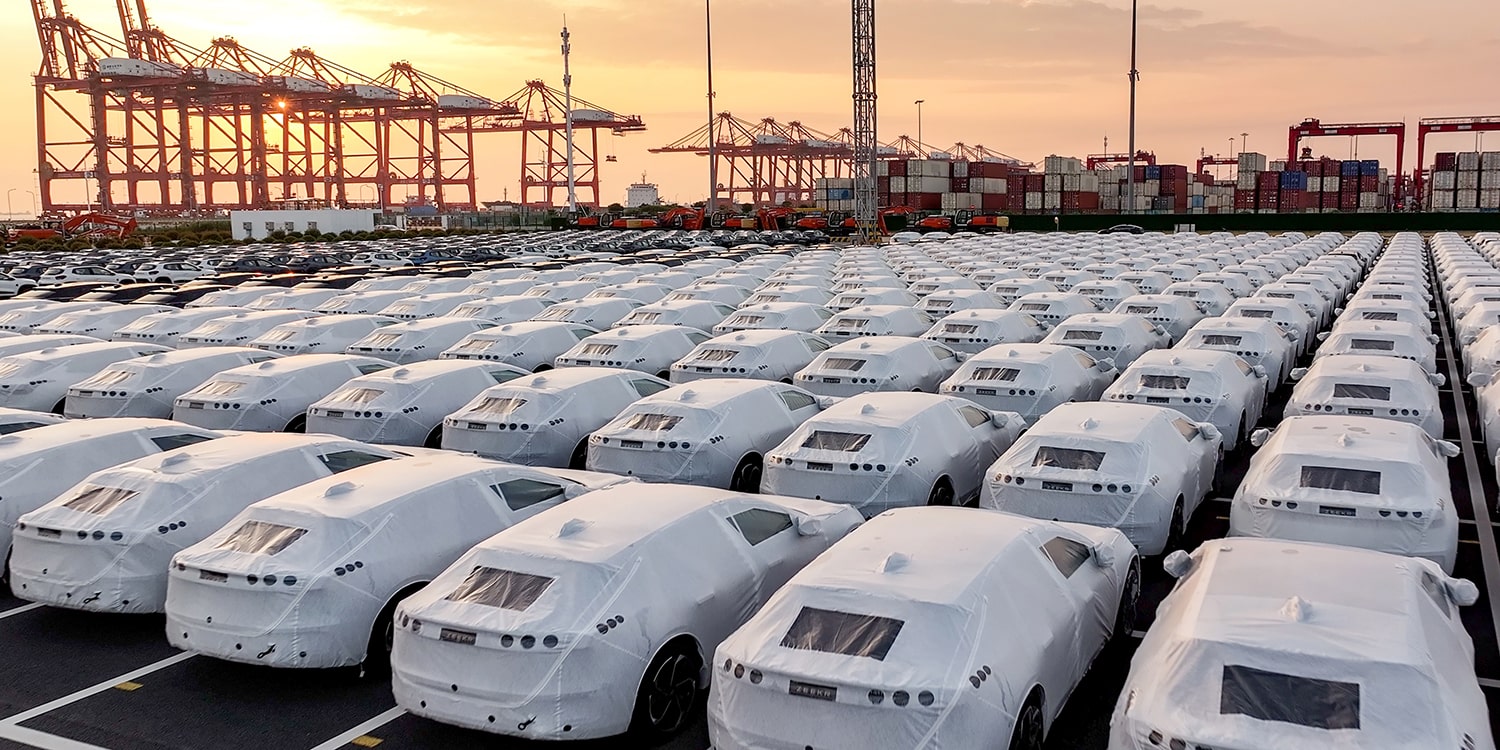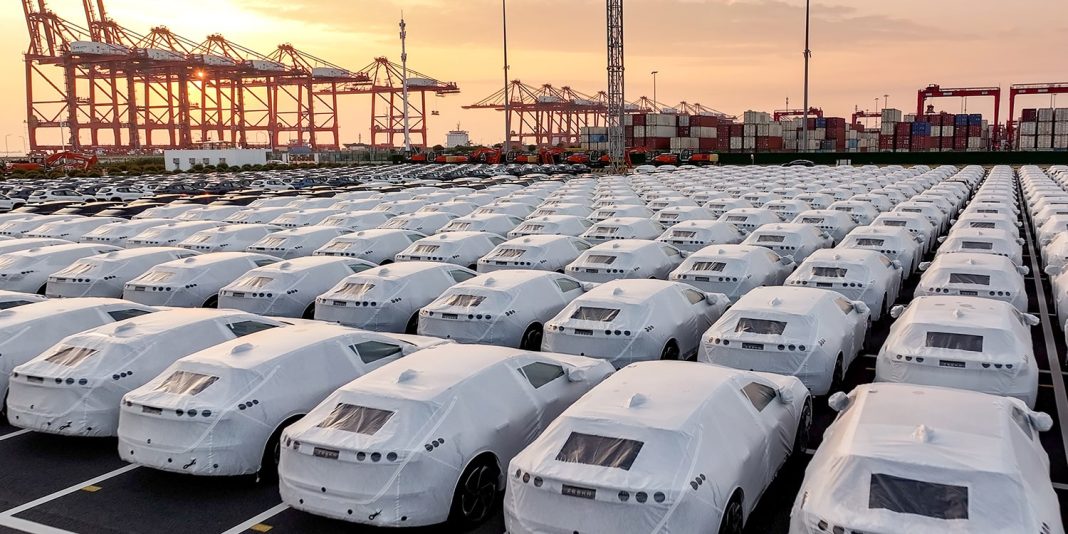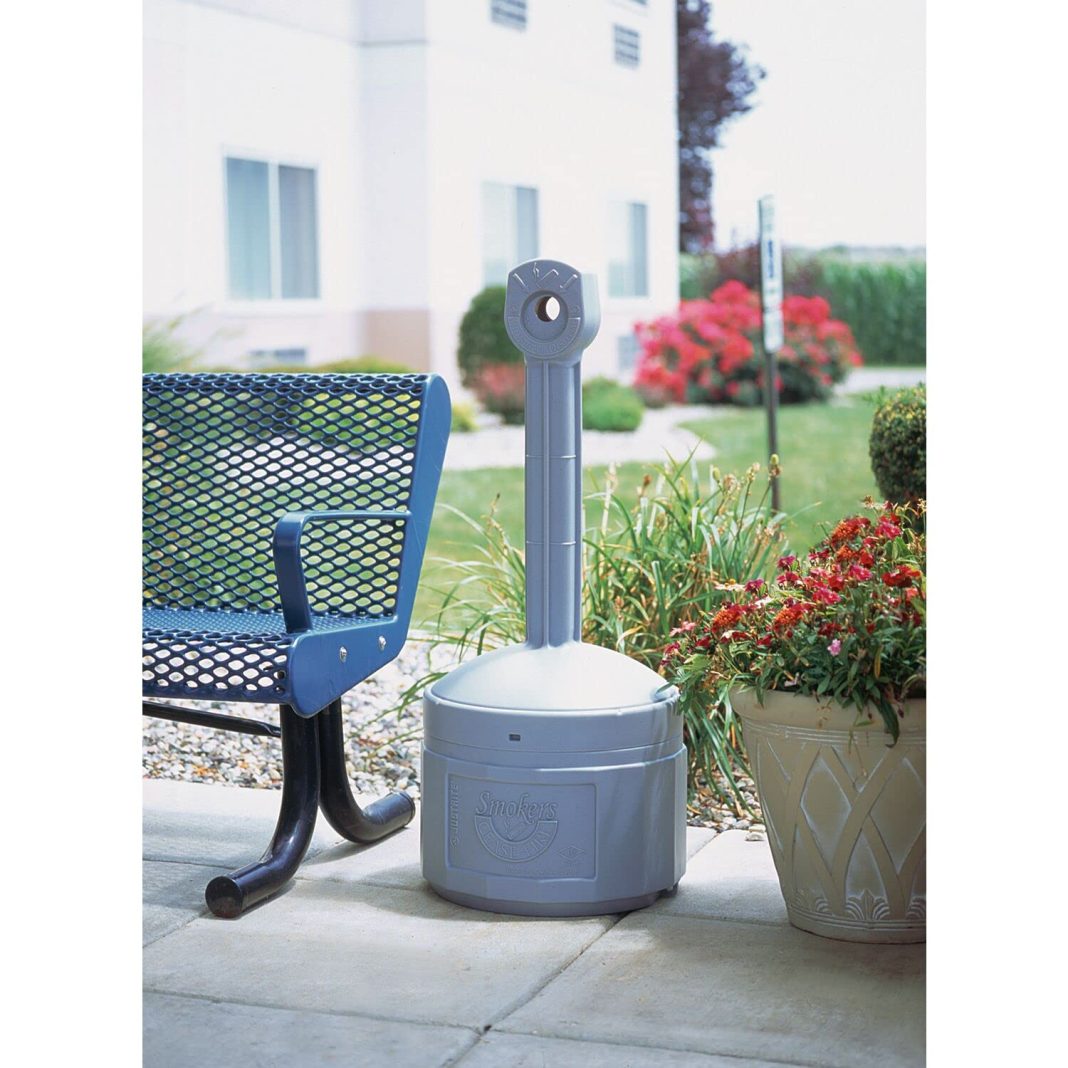 Brussels Stands Firm in Anti-Subsidy Probe Amidst Chinese Criticism
Brussels Stands Firm in Anti-Subsidy Probe Amidst Chinese Criticism
Brussels has announced that it will continue its anti-subsidy probe despite the Chinese regime’s claim that its interim findings were baseless and violated WTO rules. The Chinese regime recently requested a consultation with the World Trade Organization (WTO) over the European Union’s anti-subsidy tariffs on Chinese electric vehicles (EVs). However, the European Commission has stated that this development will not affect its ongoing investigation into Chinese subsidies, which led to the imposition of provisional tariffs on Chinese EVs.
Last month, Brussels announced provisional tariffs ranging from 17.4 percent to 37.6 percent on battery EV (BEV) imports from China. The decision came after an eight-month investigation that found “unfair subsidization” of the BEV value chain in China, posing a threat to EU BEV producers. These tariffs apply not only to Chinese brands like BYD but also to Western brands manufactured in China.
China’s Ministry of Commerce has triggered the WTO’s arbitration mechanisms in response to the EU’s anti-subsidy measures. The spokesperson for the ministry claimed that the EU’s interim findings lacked basis in fact and law, violated WTO rules, and undermined the global response to climate change. However, the European Commission remains confident in the WTO-compatibility of its investigation and provisional measures.
The European Commission is expected to conclude its anti-subsidy investigation and make final decisions by November. This probe is crucial as China has emerged as a major supplier of EV vehicles and batteries due to increased government subsidies. In 2021, nearly 80 percent of all lithium-ion batteries for electric vehicles globally originated from China. Furthermore, by 2023, approximately one in five EVs sold in Europe will have been manufactured in China.
The EU’s provisional tariffs on Chinese EVs came after President Joe Biden quadrupled the tariff rate on these vehicles from 25 percent to 100 percent in May. Similarly, the Canadian government recently concluded a 30-day public consultation on plans to impose tariffs on Chinese EVs to protect Canadian jobs. Deputy Prime Minister Chrystia Freeland accused Beijing of intentionally over-producing EVs, undermining Canada’s EV sector, and using poor labor and environmental standards.
In response to tariffs, Chinese EV and EV battery manufacturers are seeking to establish overseas operations. BYD, for example, signed a $1 billion investment deal to build a factory in Turkey, which enjoys a zero percent tariff on vehicle exports to the UK as part of the EU Customs Union. This move could make it challenging for British manufacturers to compete with their Chinese counterparts. However, to qualify for lower tariffs, products exported from these factories would have to meet the rules of origin, requiring a certain portion of the vehicle to be manufactured in the host country rather than assembled with made-in-China parts.
While the outcome of the ongoing anti-subsidy probe remains uncertain, it is clear that tensions between China and Western nations over EV trade and subsidies are escalating. The resolution of these disputes will have significant implications for the global EV market and the future of sustainable transportation.


